


The opening of the land market has already been called the largest reform in the recent history of Ukraine, which in its consequences is even more important than the period of privatization that the country went through in the early 1990s. It is not surprising given the social significance of the issue. Currently, there are numerous forecasts concerning future land prices, the volume of land supply, the concentration of land, the number of market participants and, finally, the model of the agricultural sector that Ukraine will receive as a result of the reform.
However, a “behind the scenes” problem remains that may be crucial – the readiness of the judiciary to consider disputes that will inevitably follow the opening of the land market. After all, even in countries where land relations have developed over the centuries and the law prescribes the smallest nuances in this area, such disputes are commonplace.

ON GENERAL ISSUES AND ADAPTATION TO EU STANDARDS
In June 2021, the Supreme Court together with the EU Project “Pravo-Justice” held an International scientific practical conference “Adaptation of Land Legislation of Ukraine to the Requirements of the European Union. Guarantees of Land Rights” that became the fourth final specialized event initiated by the Commercial Court of Cassation of the Supreme Court on the occasion of the 30th anniversary of the establishment of commercial (arbitration) courts of Ukraine.
The participants focused on the implementation of ideas and values of the rule of law in the context of adaptation of land legislation of Ukraine to the EU requirements, discussed guarantees of land rights, their practical implementation and exchanged experience and best practices.
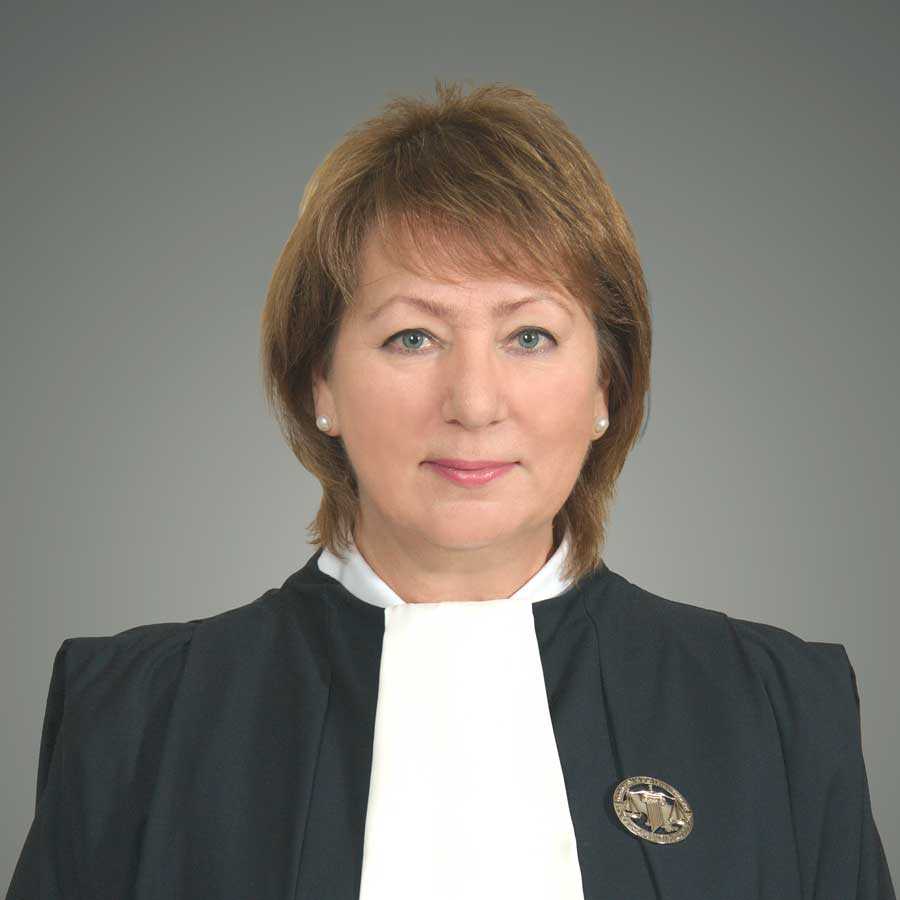
As the Head of the Supreme Court Valentyna Danishevska emphasized, “The land market in Ukraine opens on July 1, and although the land legislation is still being reformed, we as the judiciary should prepare for such changes today and form our vision on the regulation of certain land relations”.
She reminded that a powerful impetus to the ongoing historical changes was the judgement of the European Court of Human Rights (ECHR) in the case “Zelenchuk and Tsytsyura v. Ukraine” of 22.05.2018. In that judgment, the ECHR concluded that the respondent State “went beyond its wide discretion in the moratorium on the alienation of agricultural land” and did not draw fair balance between the general interest of the community and the property rights of the applicants. At the same time, the ECHR noted that its judgment should not be understood to mean that an unrestricted market in agricultural land had to be introduced in Ukraine immediately. Following this the Law of Ukraine “On Amendments to Certain Legislative Acts of Ukraine Concerning the Conditions of Turnover of Agricultural Land” was adopted abolishing the moratorium on the alienation of agricultural land and introducing the land market.
Therefore, as Valentyna Danishevska emphasized, it should be noted that laws act in the way they are implemented (the concept of “law in action”). The key role in the interpretation, and therefore in the implementation of the law, belongs to the courts. It follows that courts should take into account the case law of other countries, especially European ones, in their practice, using it as an authoritative case law, i.e., optional, but one that should be taken into account.
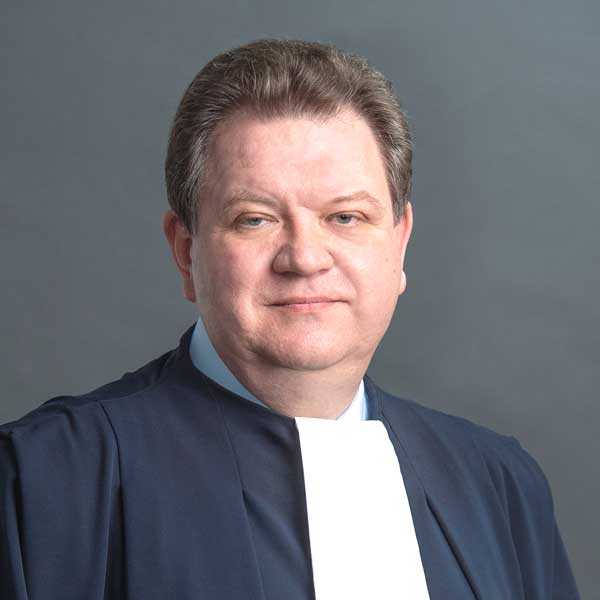
In his turn, Bohdan Lvov, Deputy Head of the Supreme Court and Head of the Commercial Court of Cassation of the Supreme Court, emphasized that the commercial courts of Ukraine have established themselves as the link that best meets the principles of professional justice. Its existence provides prompt and high-quality protection of the rights and legitimate interests of business entities through litigation and resolution of disputes arising in the field of economic activity.
“More than 80% of cases considered by courts of first instance are not appealed at all at the appellate and cassation levels. The percentage of revoked and amended decisions from the total number of cases considered by the courts of first instance for the last two years is 3.6-3.7%. This is evidence that we are on the right path, but there are always some points that can be improved”, said Bohdan Lvov. At the same time, the speaker noted that specialization in the Ukrainian dimension has confirmed its right to exist: specialized courts for land, financial disputes, bankruptcy, intellectual property disputes and more are known globally. And only in Ukraine all these specializations are combined within commercial courts.
Summing up, Bohdan Lvov expressed confidence that strengthening interaction and cooperation with foreign colleagues will help improve the quality of justice.
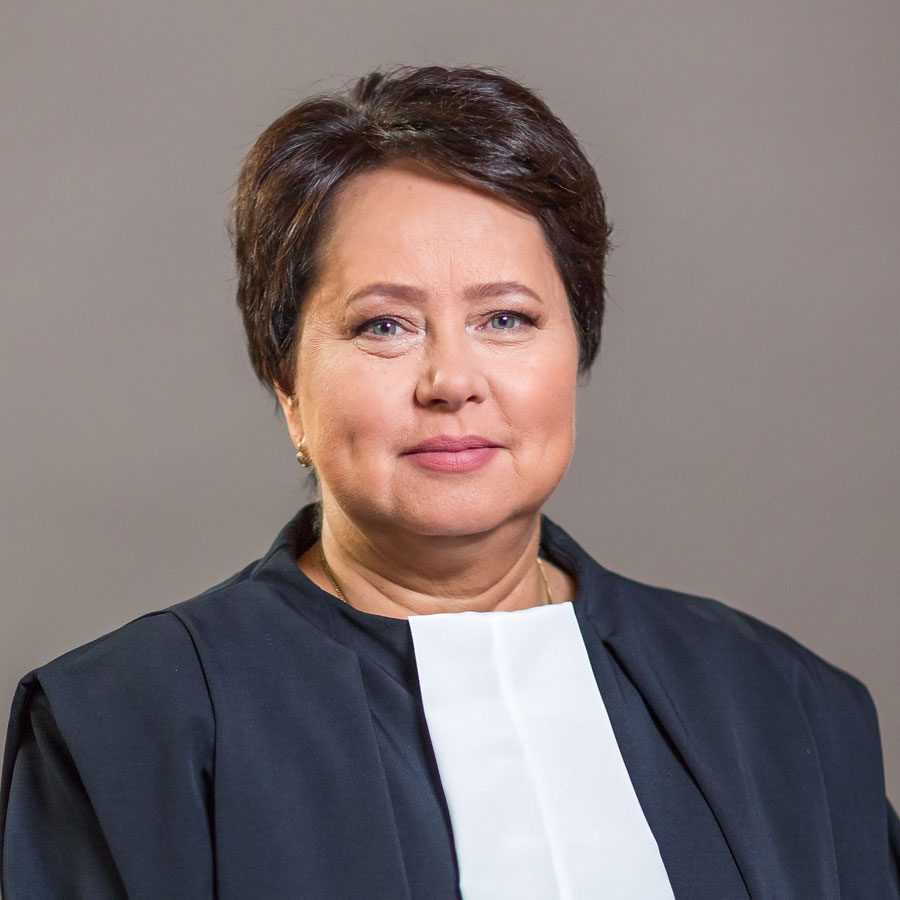
Summing up the welcoming speeches, Tetiana Drobotova, Judge-Secretary of the Judicial Chamber of the Commercial Court of Cassation of the Supreme Court, moderator of the event, thanked the EU Pravo-Justice Project for its constant cooperation and assistance in organizing and holding the event, the Council of Europe and the German Foundation for International Legal Cooperation for the provided expert support. She stressed that the course of European integration poses a complex task for our country – the implementation of effective economic reforms and the creation of a real effective model of market economy. The role of the court in this process is important, which is why the conference focused on the state of implementation of ideas and values of the rule of law in the context of adaptation of Ukrainian land legislation to EU requirements, guarantees of land rights and their practical implementation, exchange of experience and best practices.
“The relevance of the chosen topic of the event is confirmed by statistics. Thus, the analysis of the results of the main categories of commercial cases shows that a significant part of the cases considered by commercial courts are cases of disputes arising in land relations. In the process of administering justice, Ukrainian judges strive for the judicial system of our country to rise to the level of the best traditions and practices of European countries. Therefore, today’s event is an important step towards the implementation of the outlined course of the country, because the conference is dedicated to discussing topical issues of adaptation of land legislation of Ukraine to the requirements of the European Union”, said Tetiana Drobotova.
The moderator of the event noted that the organizers sought to involve the widest possible range of interested audiences in the discussion and constructive dialogue. Therefore, the event was attended by international experts, judges of the Supreme Court, local and appellate commercial courts, legal practitioners and renowned scholars, whose positions are of value and importance in law enforcement practice.
ON LAND DISPUTES INOVLVING FARMS
However, the judicial practice of Ukraine already has its own extensive case law in resolving land disputes.
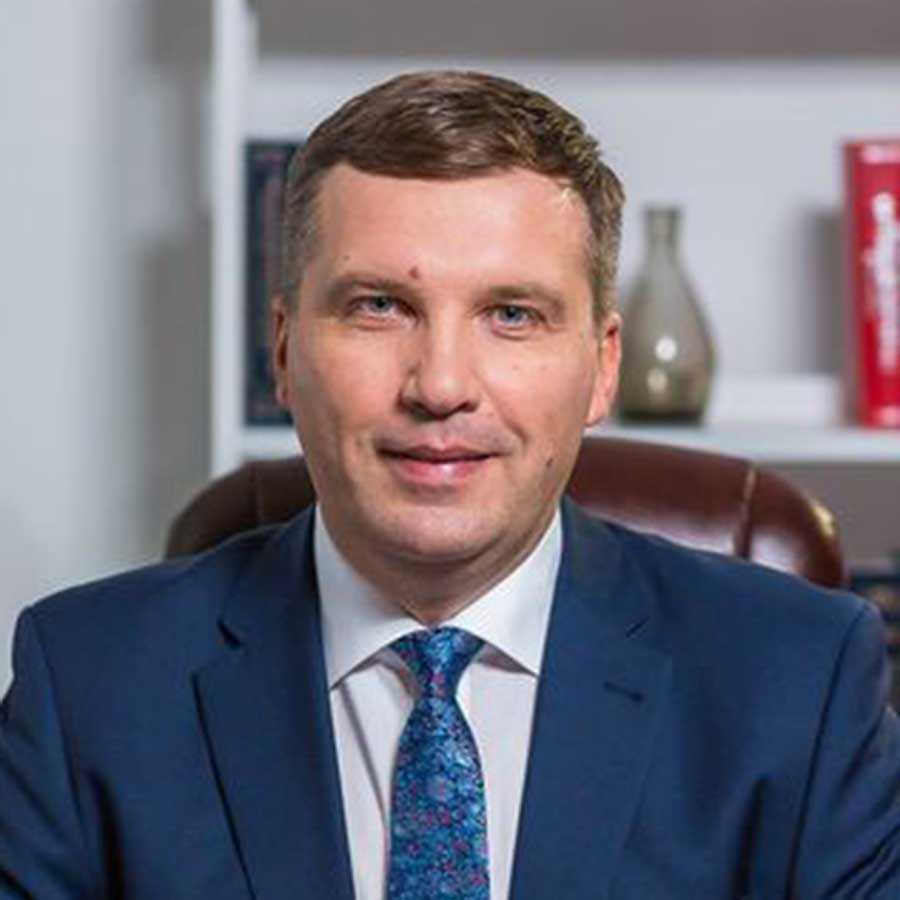
Vitalii Urkevych, Judge of the Commercial Court of Cassation of the Supreme Court, spoke about the disputes involving farms and cited examples of the Supreme Court’s practice.
In particular, in the case of the prosecutor’s claim representing the state against the Main Department of the State Geocadastre, an individual (founder of a farm), pursuing to declare illegal and cancel orders, invalidate the lease and return the land, the position of the Grand Chamber of the Supreme Court was as follows. After concluding a land lease agreement for farming and state registration of such a farm, the obligations of the lessee of this plot of land are performed by the farm, and not by the citizen to whom it was provided. Thus, from the moment when an individual established a farm, the actual replacement of the lessee took place in the legal relationship of land use. The dispute therefore concerns a plot of land leased to a farm, not an individual. As farms are legal entities, their land disputes with a prosecutor acting in the interests of the state over the use of land provided from state or communal lands are subject to the jurisdiction of commercial courts.
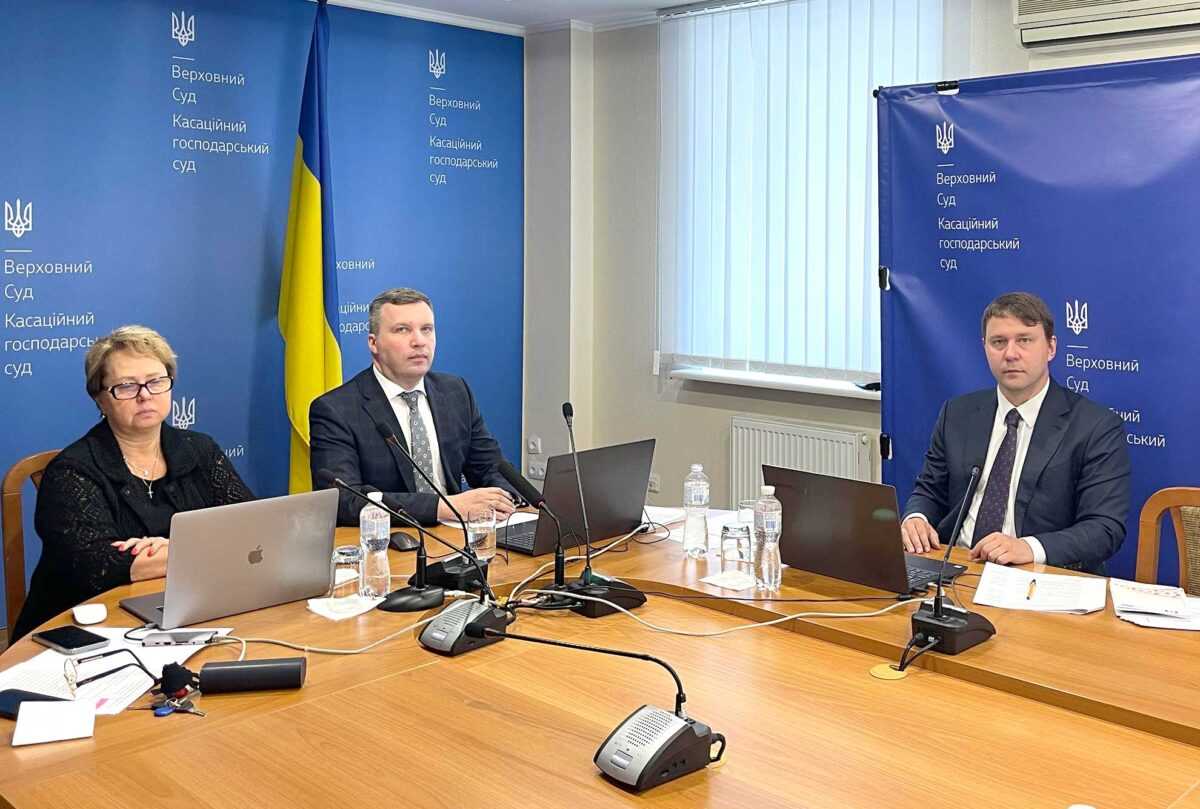
In the other case, the position of the Prosecutor bringing an action against the Main Department of the State Land Agency and District State Administration in the interests of the state on invalidation and cancellation of orders, directives, invalidation of land lease agreements, cancellation of the decision on state registration of land lease right and the return of the plots of land was different.
“If at the time of the opening of proceedings on a dispute over the use of land provided from state or communal lands for farming, the farm is not registered, the party to such disputes is a citizen to whom the land was granted, and the dispute is subject to civil proceedings“, said Vitalii Urkevych.
In general, according to him, the criterion for determining jurisdiction should be as simple and clear as possible. One dispute should be resolved by the courts only once, and the defendant in the case should be the entity with whom the legal dispute actually exists. In addition, it is important to prevent non-judicial claims and to prevent the artificial creation of prejudice.
In addition, the speaker focused on the settlement by the Grand Chamber of the Supreme Court of a number of issues:
ON THE RIGHT OF PERMANENT USE OF THE PLOT OF LAND
The participants of the conference also considered an issue of the right to permanent use of land, which was the main topic of the round table held by the Supreme Court in April of this year.
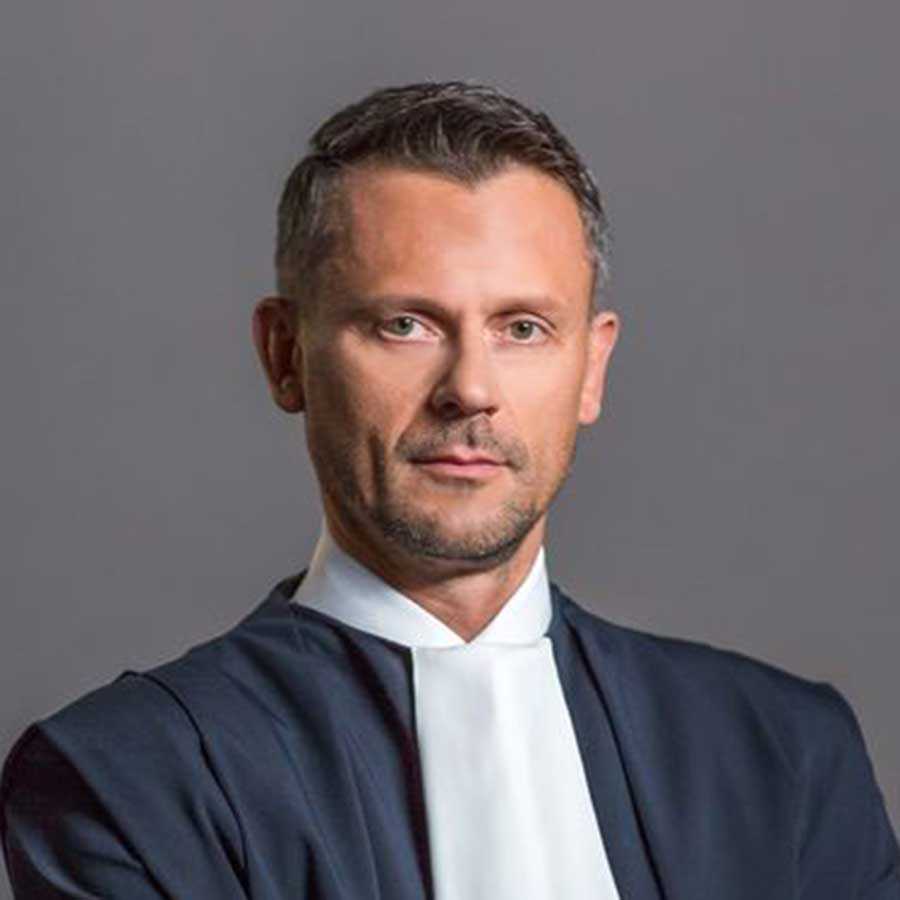
This time, Yurii Chumak, Judge-Speaker of the Commercial Court of Cassation of the Supreme Court in his report offered a review of the right of permanent land use in terms of land reform and spoke in detail about the legal positions of the Grand Chamber and the Commercial Court of Cassation.
He also gave examples of topical issues of judicial practice related to the right of permanent use of land. In particular:
In this case, as noted by the Judge-Speaker, the right to use the land acquired in the prescribed manner before 01.01.2002 (the date of entry into force of the Land Code adopted on 25.10.2001), is not lost due to its non-registration by the company that according to the current Land Code Ukraine may not acquire the right of permanent land use, but retains it until the rights and obligations in respect of such land are in accordance with the requirements of applicable law, including the successor of such land user.
The obligation to re-register the right to use a plot of land, provided for in paragraph 6 of the Transitional Provisions of the Land Code, was declared unconstitutional on the basis of the decision of the Constitutional Court of Ukraine of 22.09.2005 No.5-rp/2005 (in the case no.1-17/2005).
It should also be borne in mind that when a legal entity is transformed, the right of permanent use is passed to it. According to Art. 104 of the Civil Code of Ukraine, a legal entity is terminated as a result of reorganization (merger, accession, division, transformation) or liquidation. In case of reorganization of legal entities, property, rights and obligations pass to successors. In case of transformation, all property, all rights and obligations of the previous legal entity are transferred to the new legal entity.
ON LAND REFORM IN THE TERMS OF THE LEGISLATURE AND THE EXECUTIVE POWER
It should be noted that all speakers and participants of the conference paid much attention to the possible transformation of Ukrainian legislation in view of the land reform, which has entered its final phase. Therefore, the position of the legislature and the executive is extremely important in the perspective of land disputes and judicial regulation of land relations in general.
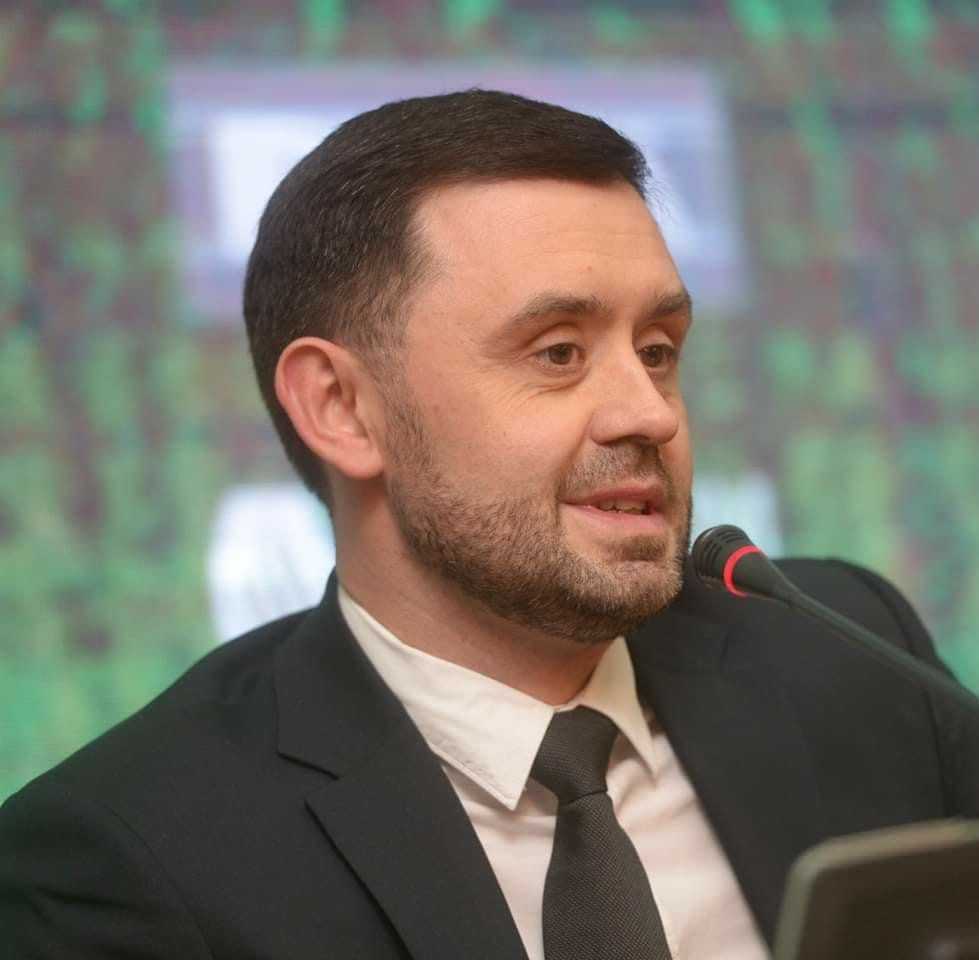
Vitalii Cherepakha, Adviser to the Minister of Economy, Head of the Office of the Inter-factional parliamentary association of the Verkhovna Rada of Ukraine “Anti-Raider Coalition” first noted the main positive result of round tables and conferences on land issues recently held by the Supreme Court: “It is very good that instead of some “armchair experts” we involve in this discussion judges-practitioners involved in review of cases and are familiar with all the problem issues”.
According to him, at the legislative level there is already complete certainty – the law on the turnover of agricultural land will come into force on July 1, the President of Ukraine signed a law on the transfer of state lands outside settlements to hromada communal ownership, thus regulating and simplifying the procedure of land transfer; there are other legislative acts and presidential decrees.
In particular, Vitalii Cherepakha mentioned the Law “On the National Infrastructure of Geospatial Data”, which is not directly related to the judiciary. However, the provisions of this law will have to be taken into account in one way or another – because it regulates functioning of the infrastructure of cadastres that do not contain the plots to which the rights arose in the early 2000s. But no one should suffer if property rights have been acquired legally. Nowadays, there are many cases of double or even triple “overlays” in the cadastres – when the same plot was privatized several times. Sooner or later, these legal relations will have to be settled – to find out who and on what grounds acquired ownership of the land, who acquired this right first. Such cases will be considered by the courts, and we must be ready for that.
The procedure for exercising the pre-emptive right to purchase a plot of land may also be the subject of legal proceedings. After all, as Vitalii Cherepakha said, in the public consciousness it is perceived as a certain preference for the current lessee to buy land from the owner. In fact, according to the law (and this is how it is prescribed) it is only the right to be the first to offer the owner of the site one’s price in the prescribed manner, which does not provide for the obligation to enter into an agreement. Other party may make (again in the proper manner) its offer, and there may be situations where the courts will have to establish the extent to which the pre-emptive right has been taken into account and applied, whether everything has been done in the prescribed manner, and so on.
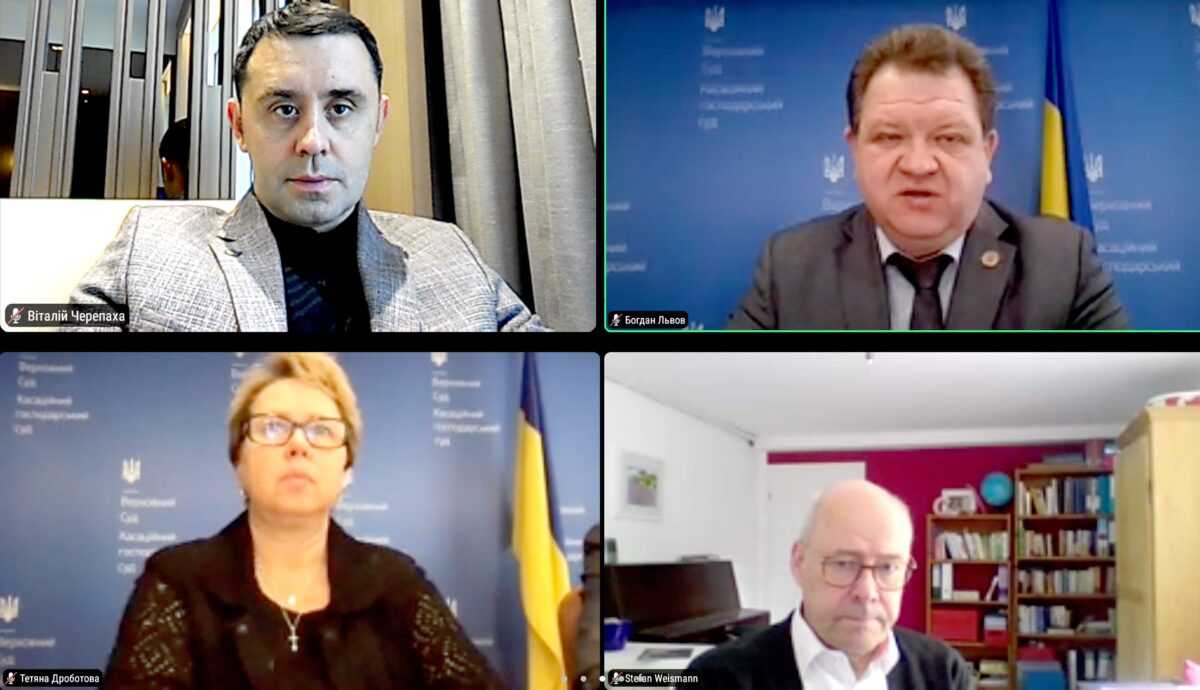
Limiting the concentration of land as established by law will also be a problem. A huge burden is placed on the notary in this matter, but it is unknown who and in what way will evaluate the compliance of the concentration with the regulations. And an even bigger problem lies in identifying the real beneficiaries and their associates.
“Any large land acquisition can sooner or later be challenged if the connection of persons or violation of the composition of the beneficiaries is proved,” stressed Vitalii Cherepakha.
At the level of the Ministry of Justice, it has already been announced that the tools to check the concentration of land are currently insufficient. Therefore, the demand for notarial acts will be huge, and the judicial system must also prepare for an increase in the number of relevant lawsuits.
At the same time, the issue of approving the appropriate specific by-law remains open.
“As the leader of the Anti-Raider Coalition, I can responsibly say that raiding, and land raiding in particular, has not been overcome in Ukraine. The land will be an attractive target for any encroachment, and economic disputes will only intensify. And it would be nice if the problem remained limited only to the intensification of economic disputes without cases shifting into the category of criminal proceedings,” he stressed.
Also, very interesting and difficult are the questions that will arise when a collaboration of landowners with financial institutions comes into being – because large purchase agreements will take place with the involvement of credit funds.
Thus, the legislation clearly prescribes a two-year period of land in the possession of a bank, but there is no answer what to do in cases of mergers and acquisitions of financial institutions, the transfer of mortgaged land between banks – the corporate law should be brought in. Additionally, there will be cases of bankruptcy of state-owned enterprises, which, say, are part of the National Academy of Agrarian Sciences – the question arises whether the land will belong to the liquidation estate. It is impossible to make do without a bankruptcy chamber here, moreover, it remains unclear how to position the state in these matters – as the owner or user. This issue will sooner or later have to be considered by the Grand Chamber of the Supreme Court of Ukraine.
ON WAYS TO PROTECT LAND RIGHTS
As it became clear from Vitalii Cherepakha’s speech, the judicial system is going to face a heavy workload, and owners and users should take care of the proper legal support of their rights.
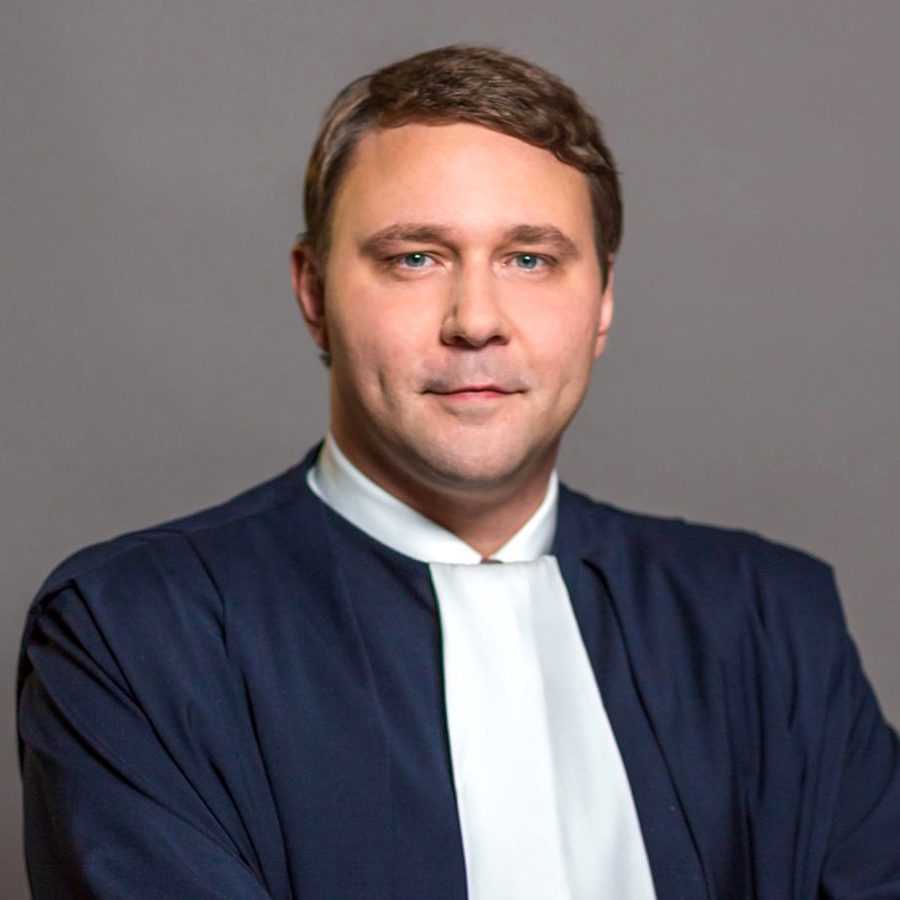
During his report “Ways to Protect Land Rights: The Practice of the Supreme Court”, Ivan Mishchenko, Judge of the Commercial Court of Cassation of the Supreme Court, said that the protection of citizens’ and legal entities’ rights to land is conducted through recognition of rights, restoration of land to its previous state prior to the act of violation of rights, prevention of actions that violate rights or create a danger of violation of rights. Also, in practice the following are applied: recognition of the agreement as invalid; invalidation of decisions of executive bodies or local self-government bodies and compensation for damages and application of other methods provided by law.
Among the ways to protect land rights, the judge of the Commercial Court of Cassation singled out property law, law of obligations and special methods to protect land rights.
As for the property law (or ius in re) methods of protection of land rights, they are directly aimed at protecting the subjective right of ownership of land or land use rights of persons who at the time of violation of the right are not in a binding relationship with the infringer.
Means of protection per law of obligations are aimed at protecting the rights of the subject as a participant in the relations of obligation. Special methods of protection of land rights apply to special cases of violation of the rights of landowners and land users. They are due to a special circle of authorized or obligated persons and extraordinary circumstances.
Many representatives of the legal and scientific community took part in the conference. Tetiana Drobotova, Judge of the Supreme Court, Secretary of the Judicial Chamber for Land Relations and Property Rights of the Commercial Court of Cassation of the Supreme Court thanked the participants for interesting and informative reports and active participation in constructive discussion of issues, and expressed hope that the information will be useful not only for judges, legal practitioners, scholars, but for all those present.
You can learn more on the conference materials and watch videos of the speakers’ speeches by following the link.